My Story
John-Michael Lander, Survivor & Speaker
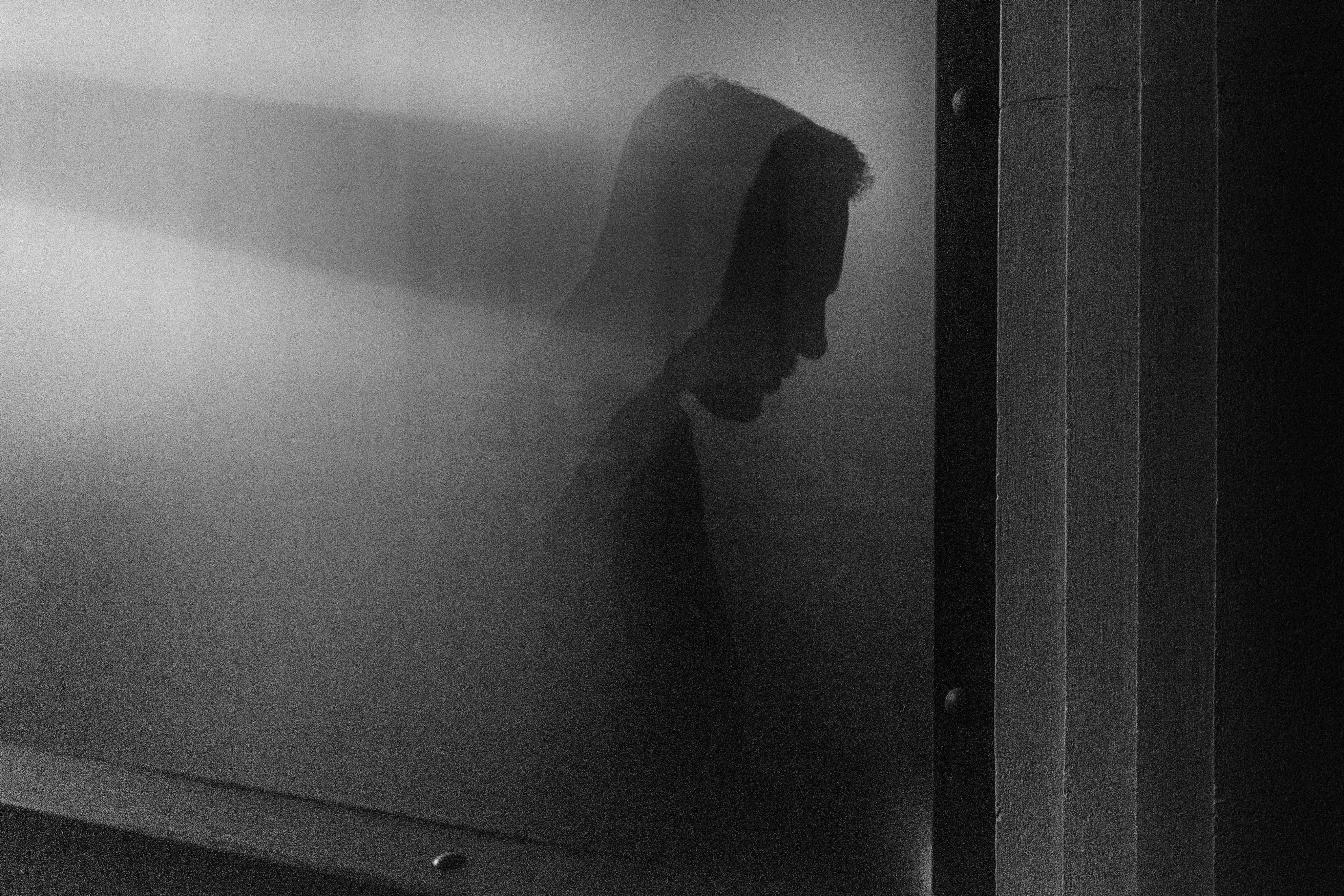
My story of shame, silence, and denial began when I was fourteen.
I earned national attention by taking eighth at the Junior Olympics in diving and qualifying to compete in Denmark, Norway, and Canada. A lawyer read about my accomplishment in the local newspaper and contacted my mother. They met over the next several weeks, and the lawyer proposed to my mother that he and a group of professional businessmen could help with my diving expenses. All my mother had to do was agree and ensure that I was ready to meet the professionals at the allocated times. In return, the professionals would assist our family with medical appointments, medicine, etc. Only after my mother gave her consent did I meet with the lawyer privately. He told me that the only way I would achieve my Olympic dream would be through his and his professional friends' assistance. He advised me that no matter how talented and gifted I was, that would only get me so far. But with his and his friends' assistance, I could go all the way. But I would have to promise to keep it a secret because he was not interested in assisting other athletes on the team. All I had to do was keep my grades up, do well in competitions, and not disappoint his professional friends. I knew this arrangement would help my parents financially, so I agreed.
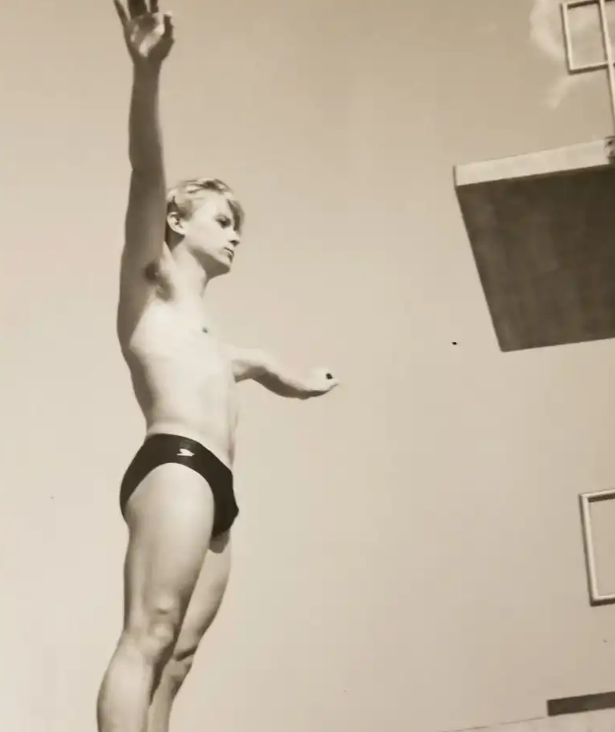
I did not know anything about male sexual exploitation. I was taught that males could not be sexually abused or raped. It merely passed as hazing, initiation, or rite of passage. While still developing mentally, emotionally, and physically, I was prime prey for a predator's fantasy and the perfect candidate to be groomed into the world of silence, shame, and secrets.

My mother would get a call to schedule a day and time for when I was to be picked up. She made sure I was dressed and waiting by the door. A car would appear at our farmhouse, and mom would usher me out. It was under the disguise that I would be going to dinner, a movie, or a play. Although those events may have occurred, I would eventually end up at a travel lodge, hotel, or the professional's home. My first sexual experience was with a sixty-year-old doctor at a motel. After each arrangement, I would come home, sit on the edge of my parents’ bed, and tell my mother what I had for dinner.
After several months, one night I refused to go to the awaiting car. My mother got frustrated and tried to force my coat on me. I stood stiff and would not comply. I remember her telling me that it was not nice to make someone wait for me, especially since he came all this way to pick me up. Something inside of me was not budging, and I could not move. Anger built up so much that I blurted out that he had touched me. There was a sense of relief, and I hoped it would all end. She looked at me strangely and asked, "What do you mean?" I resaid, "He touched me." She asked, "Where?" And I looked down and grabbed my crotch, "Down here!" Her face softened for a moment but then went stone cold. She slapped me across my face and said, "It's not nice to make up lies about people. He is a respected person in the community; if anything happened, it must have been your fault. Now you get out there, smile, and be kind to him." I went realizing that no one would ever believe me if my mother did not.
I attended parties the professionals hosted, where other young college men and I stood in a line. I was the youngest and always put on the end. The guest would arrive and look us over, go to another room, and make silent bids on which boy they wanted. After bidding, the highest bidder would claim the chosen boy, escort him to another room in the house, or out on the town. The boy who earned the highest night's bid was rewarded with extra cash, presents, and tuition. Sometimes, I was left with a different professional for the weekend or even the week.
When I started diving, I was naive, wanted to please everyone, was very trusting, and I easily adopted the sports norms and jargon because I so eagerly wanted to be accepted and liked by the coaching staff and teammates. After my placement at the Junior Olympics, I entered into a more elite level. I quickly learned how the pressures and sacrifices in sports provided an environment of secrets. Relationships between athletes, coaches, and medical examiners were heightened and manipulated. I thought this was the expectation, part of participating at this level, and I needed to get over it or forget my Olympic dream.
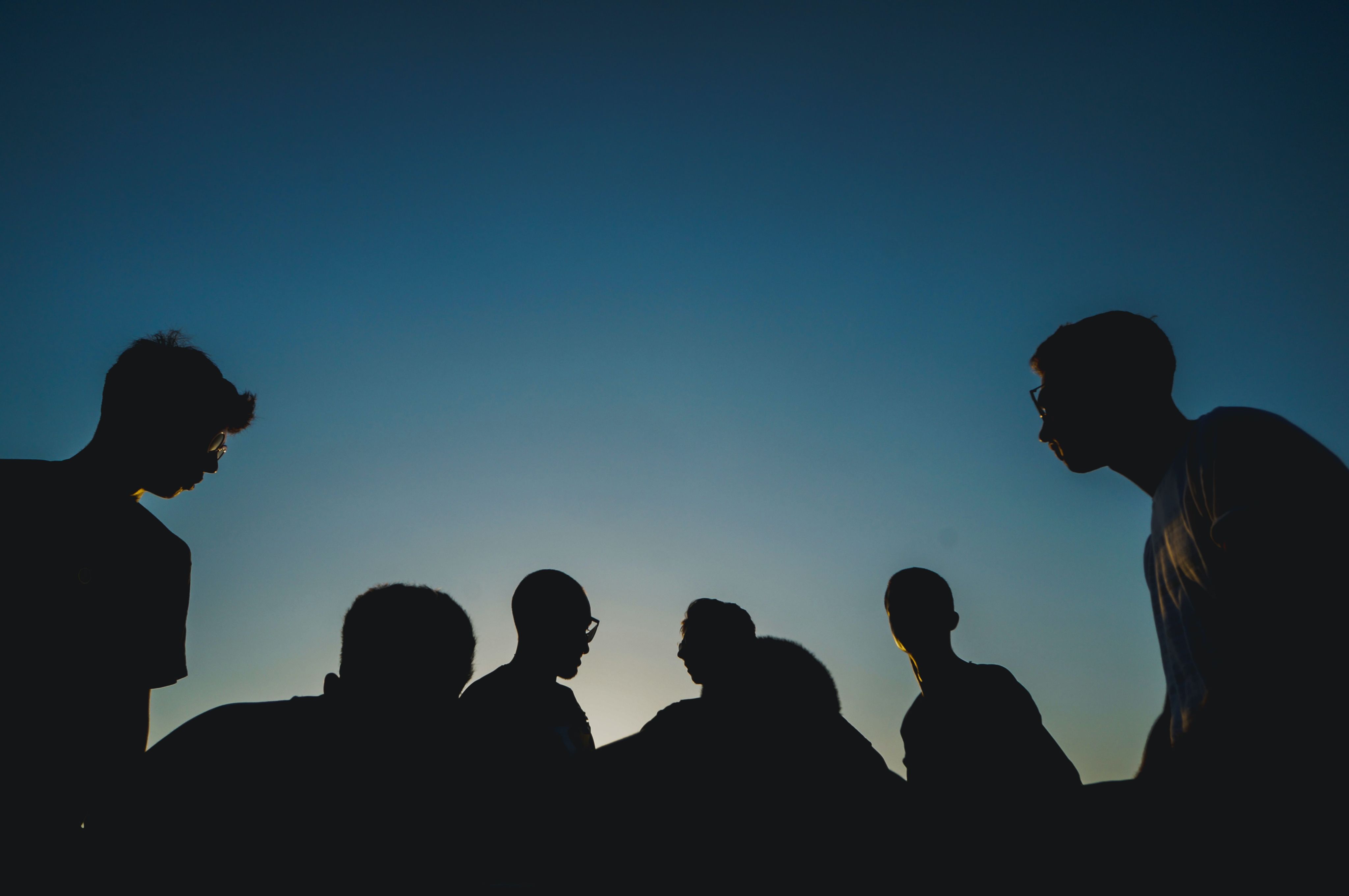
After several months of seeing and being passed around by the lawyer's professional friends, the coach noticed something. He approached my mother and informed her that I had potential for the Olympics and a college scholarship, but I had to listen and do everything he said. He informed her that he was going to have to take me on overnights so I could practice with the university diving team. He wanted absolute control over my practices and diet and needed to develop a trust with me without any interference from outside, especially her. It was only after he had gained my mother’s trust that he even approached me. He started isolating me and whispering corrections in my ear so the other teammates could not hear. The coach told me the other divers were jealous of me because I was scheduled to compete in Norway, Denmark, and Canada. He even bought me a new Speedo to wear. But the most important thing he said to me was that I had Olympic potential, and that he knew what I was going through, that I could trust him, and that he was always available to talk. He made me feel safe.
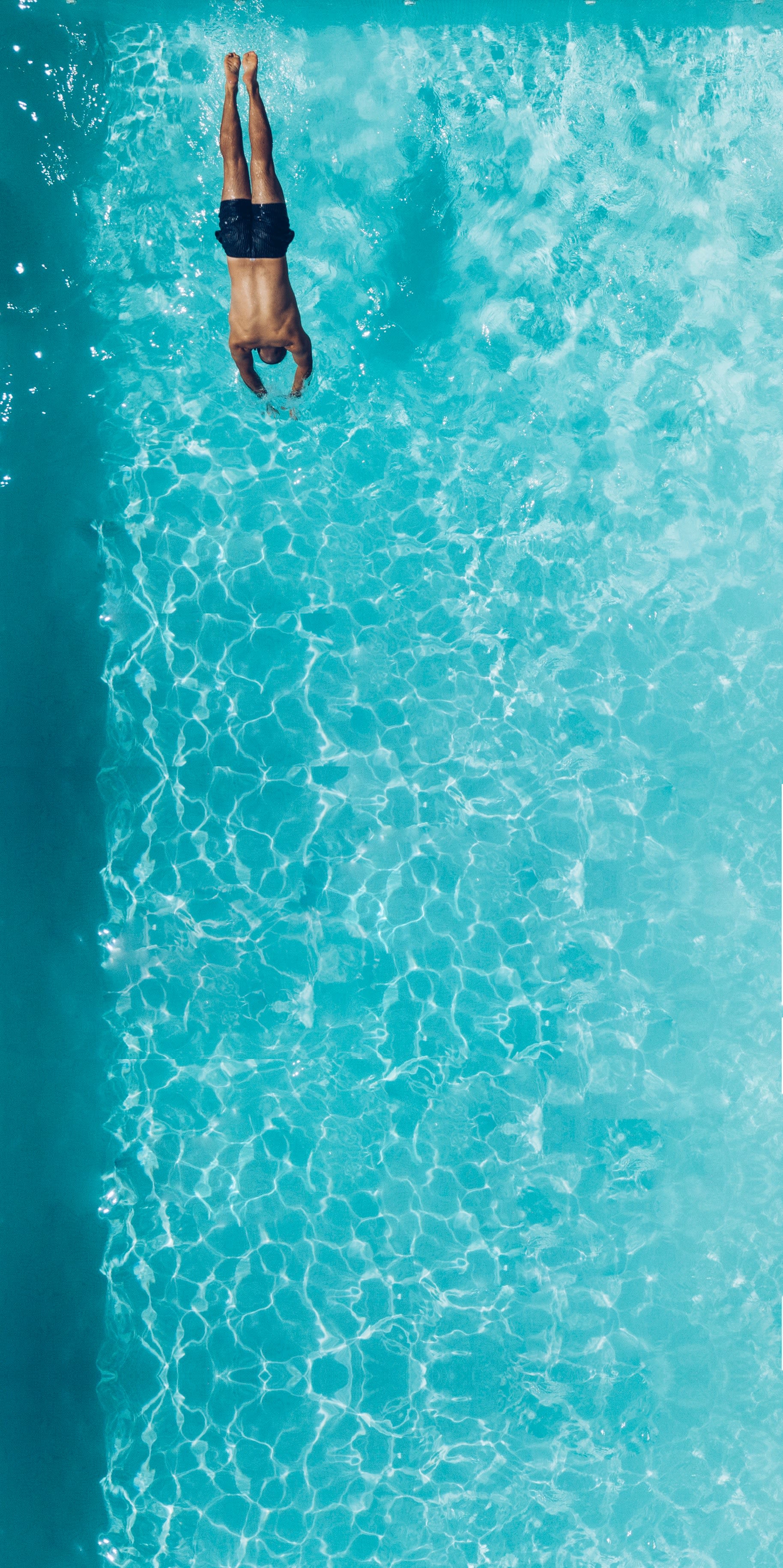
The next step the coach took was to normalize the attention by showing public affection and whispering comments like, "That suit looks good on you." His touches lingered, and he started hugging me after a good dive or meet result. He would tell me that he never felt for someone like he did for me, especially since we were both males. He constantly told me that I was special to him. He started taking me on overnight trips to practice with The Ohio State University team. He introduced me to alcohol, and he eased into being physical. Everything seemed different with the coach; although he feigned not remembering anything the next day due to the alcohol, he made me feel there could be something more with him.
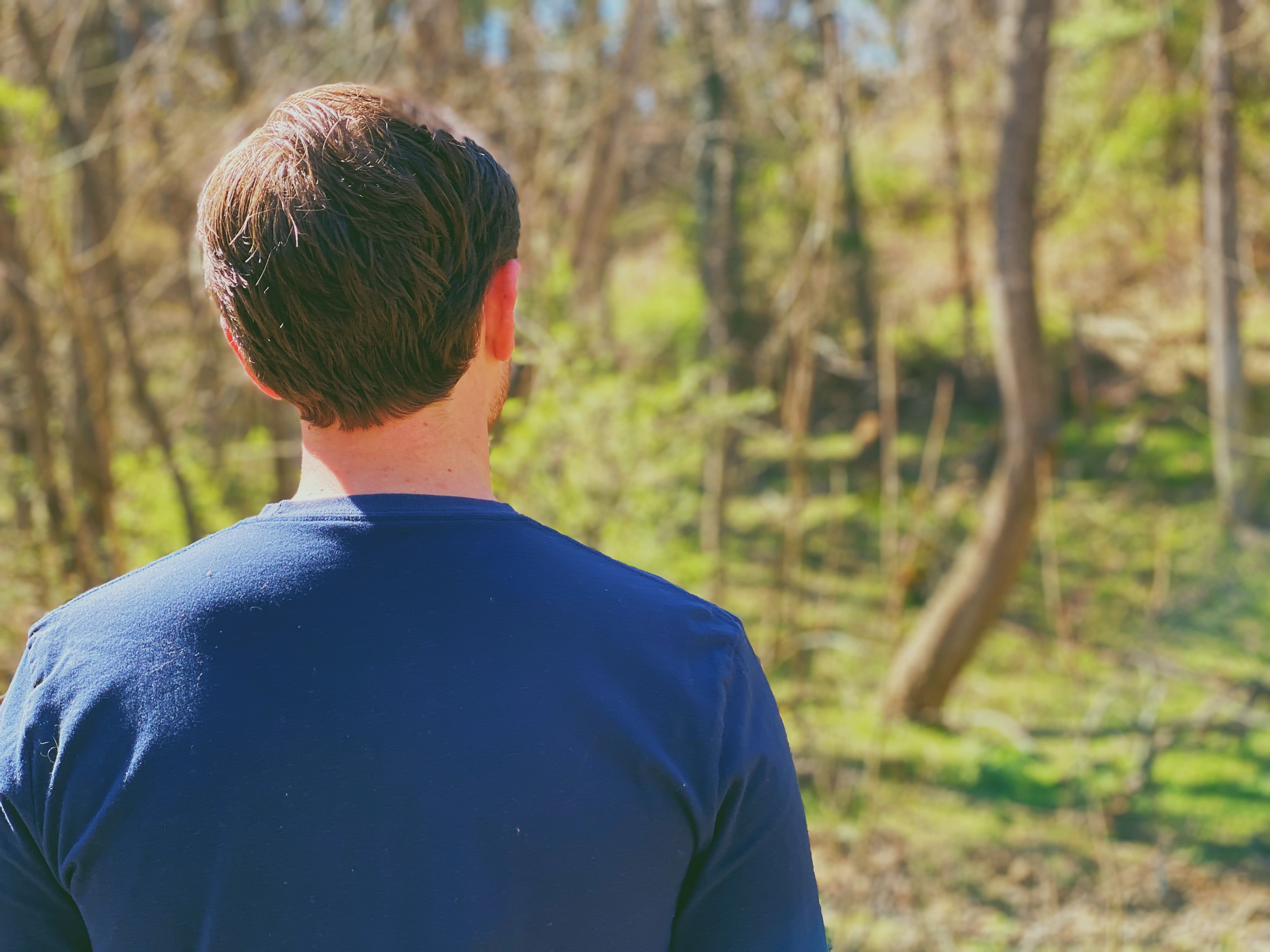
One day everything changed. During practices and meets, the coach would publicly belittle me by calling me names and ignoring me. He said it was his way of deterring suspicions and toughening me up. But when we were alone, he was doting and caring. I remember he constantly emphasized that no one could ever know what was happening because no one would believe me, no one would ever want to coach me again, and I could kiss my Olympic dream goodbye. His constant switching from private affection to public emotional abuse confused me and made me try harder to earn his attention.
I never told anyone about the coach.
While I endured the abuse from the professionals and the coach, I turned sixteen years old, went on to win gold medals at the Norway and Danish Cups, 8th at the Canadian Cup, and set my sights on the Olympics. But the stress from the continued abuse and demand to remain silent kept me from going to the Olympic Trials. The secrecy and fear of being “found out” created a depression that I could not shake and a loss of confidence that deterred me from competing.
The abuse continued until I graduated high school with honors, earning scholarships to the University of California, Irvine. I remained silent about the abuse because I feared it would jeopardize my scholarships and any Olympic dreams. I thought this was my chance to reinvent myself, since I thought I was away from the professionals and the coach. I was training again for the Olympic Trials. I didn’t know who to trust and I trusted the wrong person. I was raped, beaten, and left in the woods. That was the final straw. I became extremely sick and the lawyer brought me back to Ohio. I couldn’t compete. Everything went out the window and all my dreams of being an Olympian were shattered.
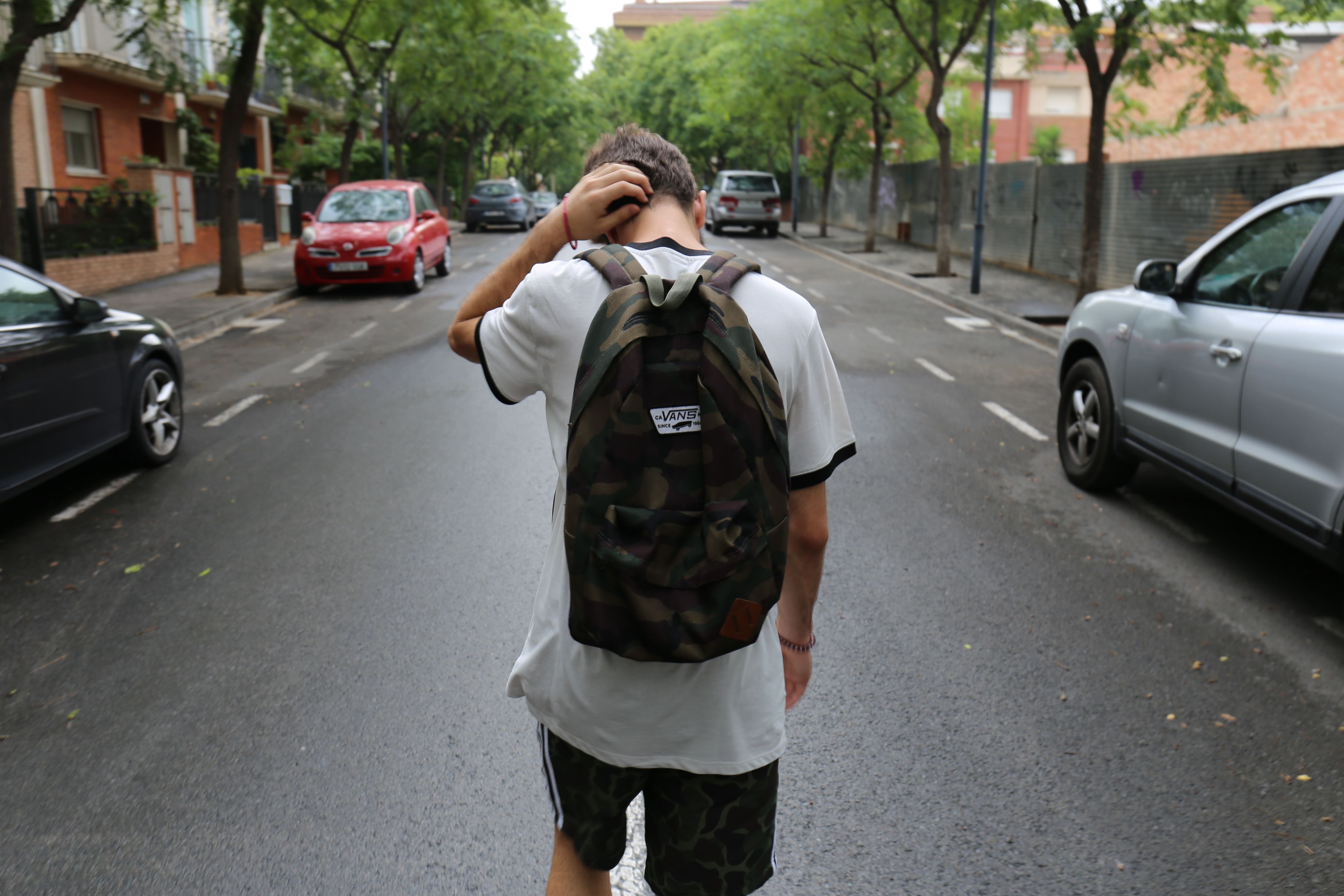
The Predatory Grooming Trifecta©
The lawyer and coach used a method that protected them called the Predatory Grooming Trifecta©, where the predator grooms the organization/institution first, the parents/guardians second, and then focuses on the child. The Predatory Grooming Trifecta© is a slow, calculating, and strategic method that predators count on and they can go undetected for years, like: Dr. Larry Nassar (US Gymnastics), Dr. Richard Strauss (The Ohio State University), Dr. Robert Anderson (University of Michigan), Jerry Sandusky (Penn State University), and others.
First, the predators will groom the organization/institution to establish a rapport and respect. This protects the predator from any allegations or speculations. The organization/institution's primary focus is to protect its brand, reputation, and sponsors, so they align with the predator to prevent any bad press.
Secondly, the predator grooms the parents/guardians to create a trust and friendship.
Once the predator has the organization/institution’s and parents/guardians’ trust, then and only then does grooming the child/athlete begin.
Finally, grooming the child is a slow and methodical process. The predator must develop a trusting relationship with the child/athlete.
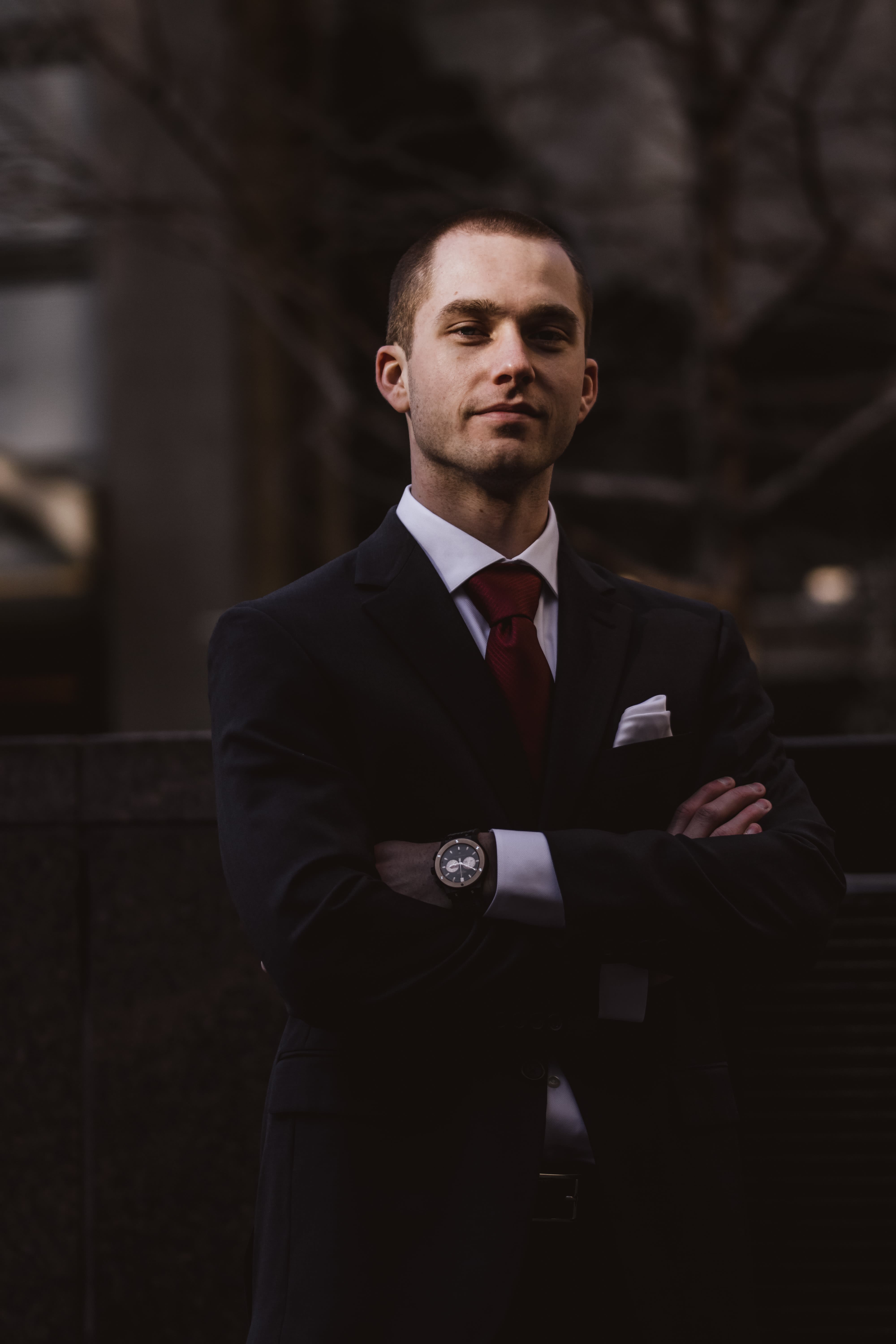
What parents can do
Parents must realize that the essential commodity is their child, and protecting the child outweighs the slim chance of becoming an Olympian. Parents need to be aware of the Predatory Grooming Trifecta©.
First, parents must recognize that they are interviewing the organization and coach to see if they are a fit for their child, NOT if their child is a fit for the organization and coach. Most parents are blinded by the organization’s or the coach’s reputation. It doesn't matter how many Olympians or National Champions the organization or coach has created—if it feels wrong, step away. Parents need to ask difficult questions. We are talking about your child's life.
Second, parents must listen to coaches' or organizations' promises regarding a child's chances of being an Olympian. The odds of becoming an Olympic Athlete are roughly 1 in 500,000. It is more important to teach your child how to participate and become the best they can be in the sport—learning the dedication, desire to pursue the sport, and the meaning of sportsmanship outweighs any Olympic medal. Many predators groom by making such empty promises.
Parents need to talk and listen to their children. An abused child wants to be heard and believed. An abused child is shameful and embarrassed and may be reluctant to come to a parent. It is the parent's role to notice any changes that could be questionable, to listen, and to believe.
Finally, a survivor needs to realize that they are not alone and there are many resources to reach out to for help, like, The Army of Survivors or RAINN. There may be long-term effects caused by sexual abuse that may not be evident until later in life, resulting in depression, PTSD, anxiety, denial, inflammation and autoimmune issues, and even suicide.
As a society, we need to break the Predatory Grooming Trifecta© to ensure the safety of our children. Organizations/institutions must acknowledge their responsibility, stop protecting predators, and look at athletes as humans instead of numbers. And children/athletes need to come forth and report.


About the Author:
John-Michael Lander is a Survivor, Advocate & Public Speaker
He is also the founder of An Athlete's Silence: www.anathletessilence.com
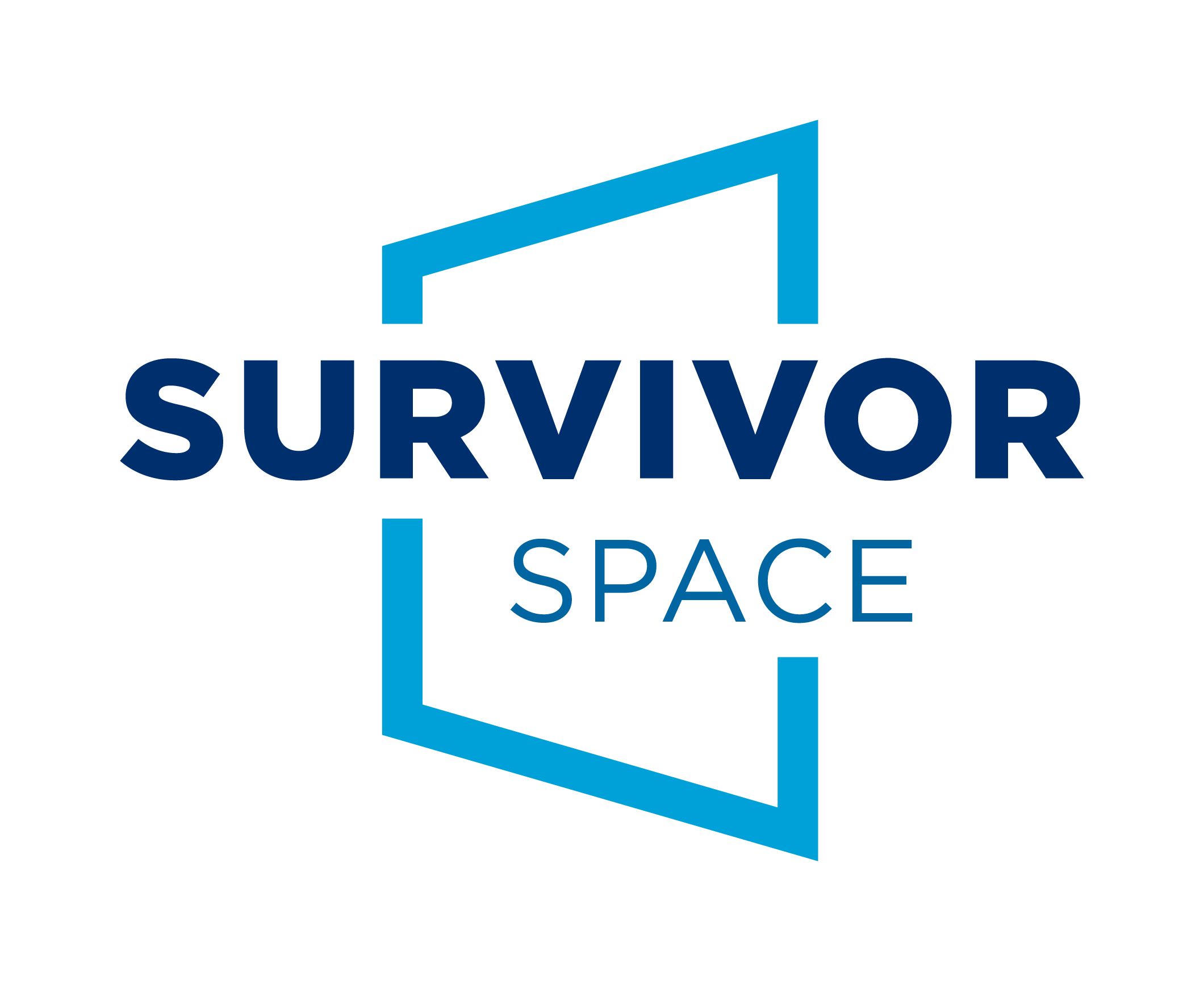
Published by SurvivorSpace, an initiative of Zero Abuse Project
